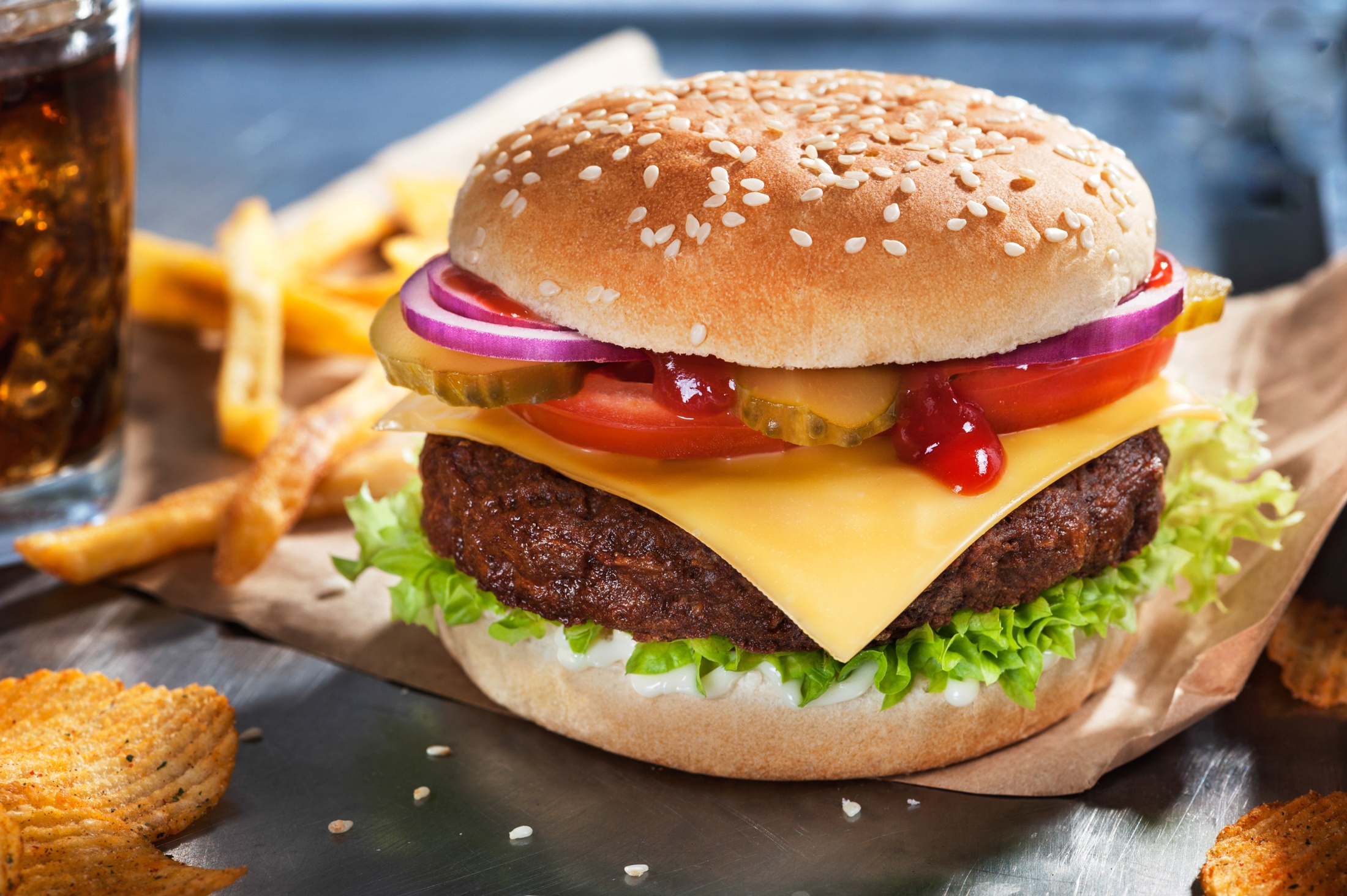Introduction:
When it comes to following a strict diet or meal plan, many people find it challenging to stick to their regimen without any flexibility. This is where the concept of cheat meals or cheat days comes into play. Cheat meals or cheat days are designated times when individuals deviate from their regular eating plan and indulge in foods that are typically restricted. However, the question arises: should you have cheat meals or cheat days? In this comprehensive guide, we will explore the pros and cons of both approaches, as well as factors to consider when deciding which option is best for you.
Section 1: Cheat Meals
1.1 Definition and Purpose:
Cheat meals are single meals or snacks that allow individuals to temporarily deviate from their usual diet plan. The purpose of having a cheat meal is to satisfy cravings, promote psychological well-being, and provide a break from strict dietary restrictions.
1.2 Pros of Cheat Meals:
Psychological satisfaction: Incorporating cheat meals can help prevent feelings of deprivation and promote a healthier relationship with food.
Metabolic boost: Consuming a higher calorie meal occasionally can potentially increase leptin levels, a hormone responsible for regulating metabolism.
Social flexibility: Cheat meals allow individuals to participate in social gatherings and enjoy meals with friends and family without strict restrictions.
1.3 Cons of Cheat Meals:
Lack of control: For some individuals, having a cheat meal can lead to overindulgence, which may sabotage their progress and make it harder to get back on track.
Disrupted eating pattern: A single cheat meal may disrupt the established eating routine and make it challenging to return to the regular meal plan.
Potential guilt and negative emotions: Some people may feel guilty or experience negative emotions after having a cheat meal, which can affect their overall well-being.
Section 2: Cheat Days
2.1 Definition and Purpose:
Cheat days involve dedicating an entire day to indulging in foods that are typically restricted. This approach allows for greater flexibility in food choices and is seen as a reward for maintaining discipline during the rest of the week.
2.2 Pros of Cheat Days:
Psychological relief: Having a designated cheat day can alleviate the stress and guilt associated with occasional indulgences throughout the week.
Enhanced adherence: For individuals who struggle with strict dietary restrictions, knowing that a cheat day is approaching can improve adherence to the meal plan during the rest of the week.
Variety and enjoyment: Cheat days provide an opportunity to try new foods and enjoy a wider range of flavors, which can make the overall diet more sustainable in the long term.
2.3 Cons of Cheat Days:
Potential overconsumption: Some individuals may find it challenging to control their food intake during a cheat day, leading to excessive calorie consumption that could hinder their progress.
Disruption of progress: A cheat day can temporarily halt weight loss or fitness goals due to the high caloric intake and potential water retention associated with indulgent meals.
Difficulty transitioning back: After a cheat day, some people may struggle to return to their regular meal plan, which can prolong the negative impact on their progress.
Section 3: Factors to Consider
3.1 Personal Goals: Consider your individual goals, such as weight loss, muscle gain, or overall health, and determine how cheat meals or cheat days align with those goals.
3.2 Psychological Relationship with Food: Evaluate your relationship with food and how cheat meals or cheat days affect your overall well-being. Some individuals may find cheat meals to be more mentally freeing, while others may struggle with control.
3.3 Dietary Restrictions: Consider the specific dietary restrictions or guidelines you are following. Some diets may allow for more flexibility, making cheat meals or cheat days easier to incorporate without significant negative consequences.
3.4 Self-Discipline and Control: Reflect on your ability to maintain control during indulgent meals. If you find it challenging to stop after a single meal or snack, cheat meals may be a better option for you.
Conclusion:
Ultimately, whether you should have cheat meals or cheat days depends on your individual circumstances, goals, and relationship with food. Both approaches have their pros and cons, and finding the right balance is key. It may be helpful to experiment and assess how cheat meals or cheat days affect your progress, mental well-being, and adherence to your overall meal plan. Remember, the goal is to create a sustainable and healthy eating pattern that works for you in the long run.
- Comprehensive Review of the Top CBD Capsules By Imbue Botanicals - September 24, 2024
- Comprehensive Review of the Best CBD Edibles By My True Spectrum - September 6, 2024
- Haze THC By Just Delta-Elevate Your Experience: A Personal Journey with Just Delta’s Haze THC Products - March 2, 2024

